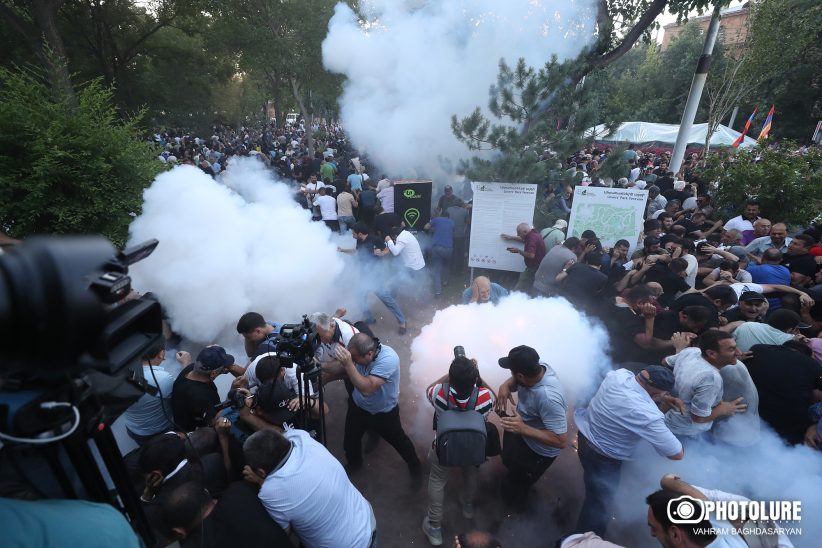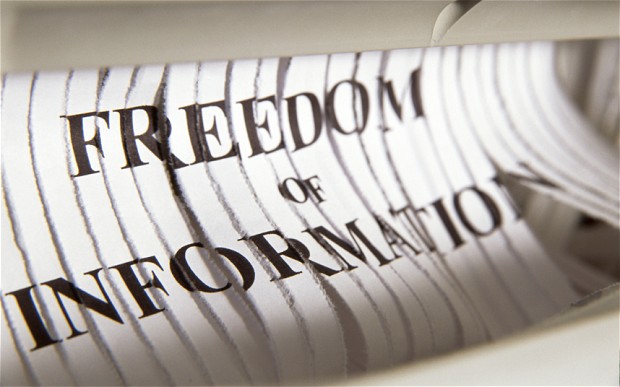18 cases of various forms of pressure, 24 violations of the right to receive and disseminate information and no case of physical violence.
The second quarter of 2023 stands out due to an increase in the number of new court cases filed against media outlets and journalists. Compared to the first quarter, this number went up from 9 to 16. Besides, 2 cases of hindering a journalist’s activity or unfriendly attitude towards a journalist were recorded.
The vast majority of court cases, namely 11, were filed by either the ruling political party or officials. As a rule, the opportunities to resolve information-related disputes through extrajudicial mechanisms were ignored, which is a proof that politicians and officials often aim to put pressure on the media to retaliate. One of the prominent examples of this is the unprecedented court case, initiated by Yerevan Deputy Mayor Tigran Avinyan against 168 Hours LLC and journalist Davit Sargsyan, when the court satisfied the plaintiff’s demand for securing the claim in the amount of the maximum compensation for insult and defamation, namely, the amount of 9 million AMD, and the defendants’ bank accounts were frozen. In this regard, 11 journalistic organizations issued a statement on May 12, as a result of which the decision of the court was revised and the seizure of assets in the bank accounts was lifted.
Both during the first and second quarters, due to the relatively calm socio-political life in the country and the absence of mass protests or extreme situations related to them, not a single case of physical violence against journalists was registered.
Violations of the right to receive and disseminate information remain a concern. Especially, when the state bodies adhere to double standards when providing this or that kind of information, they unnecessarily refuse or delay the answers, or the answers are “blurred” and do not correspond to the essence of inquiries. The Ministries of Defense and Internal Affairs often stand out with such work practices, whereas currently the public is most concerned about security issues. On the one hand, this creates additional complications for the media, and it leads to the spread of inaccurate information, on the other. It is especially ridiculous when some ministries consider that the information provided by other ministries is a state secret. Or, when instead of a 5-day period, they request a period of 30 days to provide an answer and then they refuse to provide this information, citing the state secret. In total, 24 violations of the right to receive and disseminate information were recorded in the second quarter.
In the period under review, international organizations published their annual reports, including those on freedom of speech and media activities. Thus, the Reporters Without Borders advocacy group, in its World Press Freedom Index 2023, ranked Armenia as the 49th among 180 countries with a “satisfactory” situation, compared to the 51st position it had last year. Nevertheless, the report also noted that the Armenian press continues to be polarized, and the legislation regulating the media sphere does not sufficiently protect the freedom of the press.
According to the public opinion survey on the topics of freedom of speech and media independence conducted by the International Republican Institute (IRI) in January-March 2023 and published on May 1, the freedom of speech in Armenia has declined. 43% of the respondents believed that the media were not free to express diverse political views.
In this year’s report, undertaken by Freedom House, another international organization, Armenia scored 3.00 points this year compared to 2.75 points in 2022. The report emphasized the role of the NGO sector in effectively fighting against problematic legislative amendments. And in this regard, the round table organized by CPFE on April 28, with the participation of the representatives of legislative and executive authorities, media, non-governmental organizations, and experts was important, since a number of key directions in the conceptual framework of media legislation reform were discussed.
At the end of the quarter, Yerkir Media television company, not considered as a winner in the licensing competition for the republican broadcasting slot in the public multiplex announced by the Commission on Television and Radio, returned to air. This return was made possible due to an amendment to the Law on Audiovisual Media, made in March 2023. Yerkir Media TV will continue broadcasting until a new competition is held and its results are summarized. For details see “Media Activities Environment” chapter.








